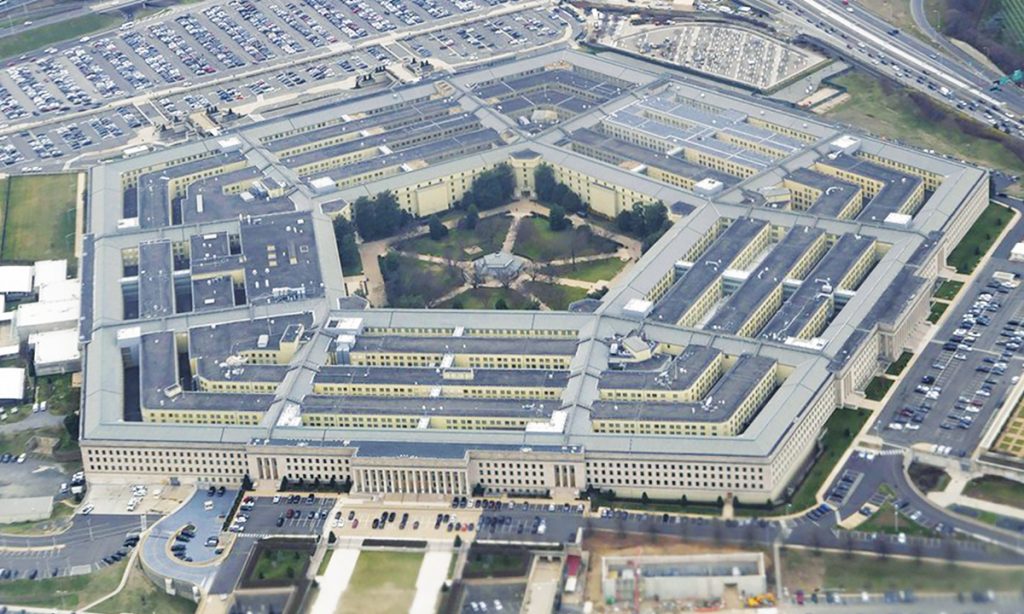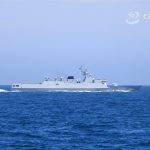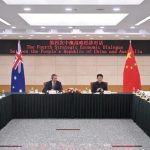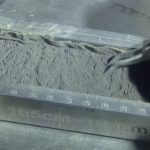US urged to 'do more on peace' as Pentagon's first industrial strategy hypes 'China threat'

The Chinese Foreign Ministry on Friday urged the US to do more to contribute to peace and stability and not to introduce bloc confrontation, conflicts and wars into the Asia-Pacific, in response to the China-related content in the US' first-ever National Defense Industrial Strategy (NDIS), which highlighted the need to reform its defense industry and team up with "Indo-Pacific" allies to counter China.
Chinese experts said on Friday that the US' exposing the shortcomings of the defense industry does not necessarily mean that its defense capabilities are truly weakening, as the Pentagon's real intention seems to be targeting possible future scenarios of military conflict between major powers and strengthening its armed forces preparations by hyping the "China threat" theory.
In the NDIS report released by the US Department of Defense on Thursday local time, the US acknowledges that a declining industrial base, supply-chain constraints and the outflow of weapons to Ukraine have left America vulnerable, as companies supplying the Pentagon face mounting frustration over its lumbering pace, according to media reports.
The NDIS document includes more than 20 recommendations to build a "fully capable 21st century defense sector," including diversifying the Pentagon's suppliers, training more workers for industry-related careers, increasing commercial acquisitions, and sharing more technology with US partners, according to the Defense News.
The report said that "while America continues to generate the world's most capable weapons systems, it must have the capacity to produce those capabilities at speed and scale to maximize its advantages," as US competitors, such as China, have "became the global industrial powerhouse" in many key areas.
The report also called on the Pentagon to bolster safeguards against strategic Chinese investments, which could increase US vulnerability, according to a South China Morning Post report.
The NDIS also recommends that the US work with countries in the "Indo-Pacific" region to build a strong defense industrial base and production capacity to prepare for any potential future conflicts and counter China. Working with close allies to make more weapons abroad was imperative, the report stated.
"As the world's No.1 military power with the highest military expenditure, the US lacks not in the capacity to launch wars, but the capacity to make and uphold peace," Chinese Foreign Ministry spokesperson Mao Ning said on Friday.
"Peace and development is the shared pursuit of Asia-Pacific countries. The US needs to respect the call of countries in the region, do more things that are conducive to peace and stability, and refrain from introducing bloc confrontation, conflict and turmoil to the Asia-Pacific," Mao said.
Li Haidong, a professor at the China Foreign Affairs University, told the Global Times on Thursday that the Pentagon has always considered itself to be in the most critical and resource-hungry position in the strategic competition with China. Acknowledging "shortcomings" is more about offering a pressing argument for a greater allocation of financial resources.
Echoing Li, a Beijing-based expert requesting anonymity said the US complaining about its own defense industry does not mean that the US has truly weakened its defense capacity.
The US is probably aiming to further stimulate its own defense industry development by setting up a visible enemy, the expert said, noting that the ultimate goal is about taking the opportunity to prepare for great power competition and even possible military conflict scenarios.
It is very dangerous for the US to woo its allies and form a defense industry alliance, said Li.
He said that the document showed a strong intention to deeply bundle and integrate Taiwan authorities' defense industry with that of the US, which is a process of arming Taiwan secessionists to a deeper level to resist reunification.
China's Foreign Ministry on Thursday urged the US to abide by the one-China principle and stop sending wrong signals to secessionists after reports revealed that the Biden administration will dispatch a delegation comprised of former senior officials to the island of Taiwan shortly after the island's regional leader election to be held on Saturday.
Liu Jianchao, head of the International Department of the Communist Party of China (CPC) Central Committee, visited the US this week, urging it to abide by its commitment to not support "Taiwan independence."



